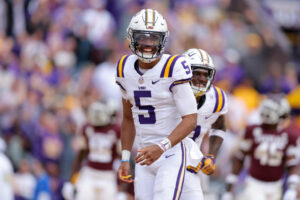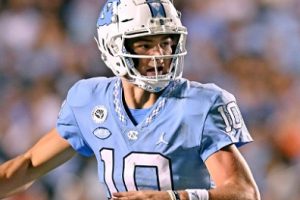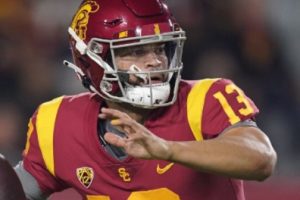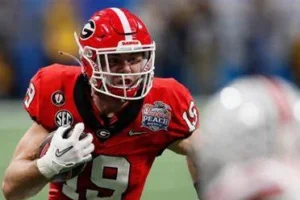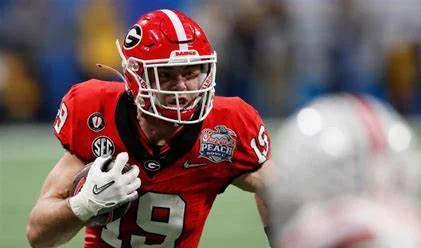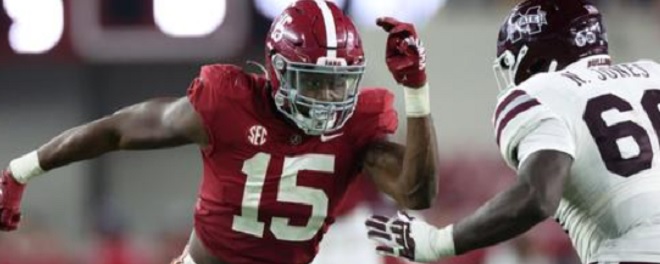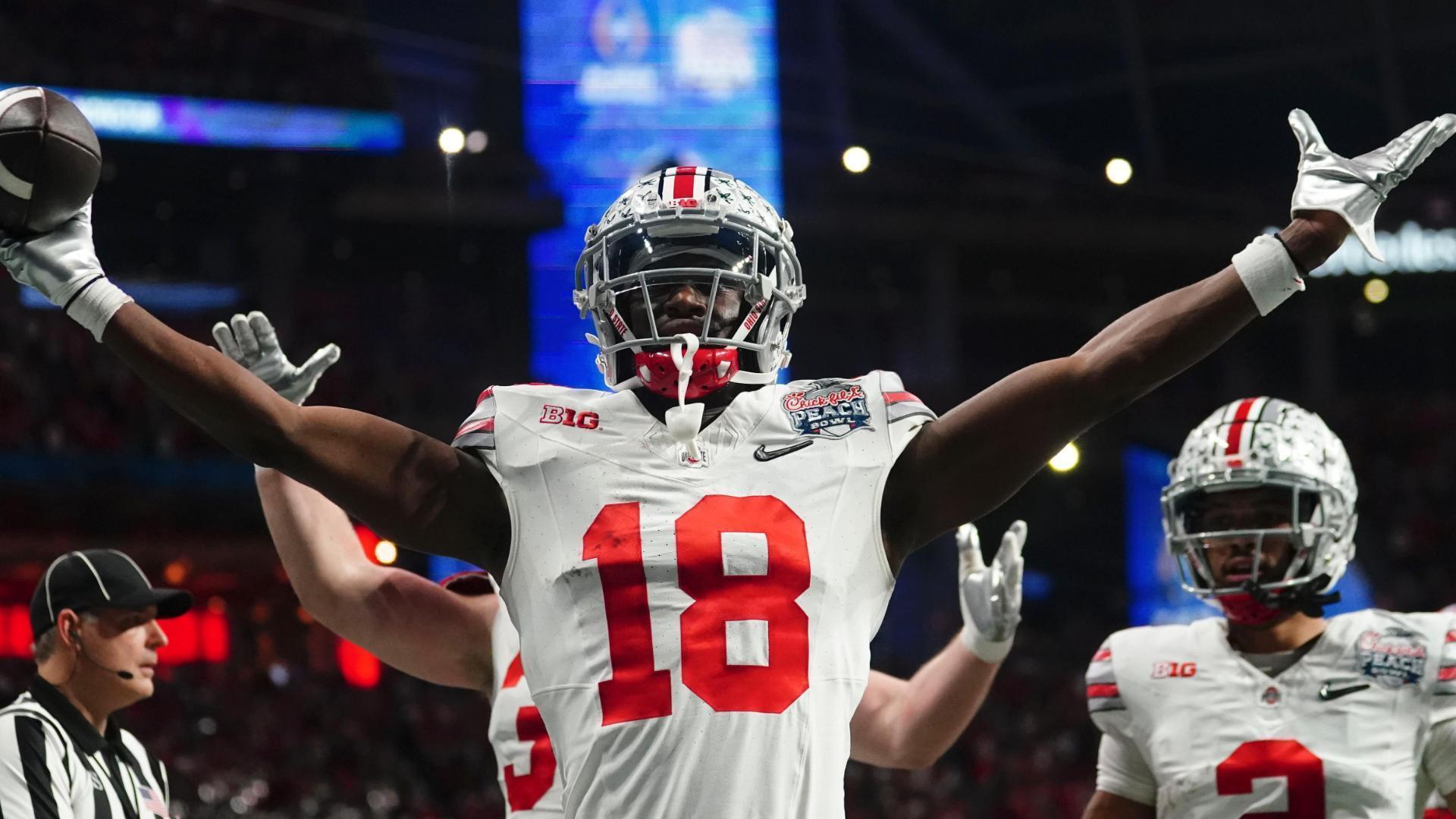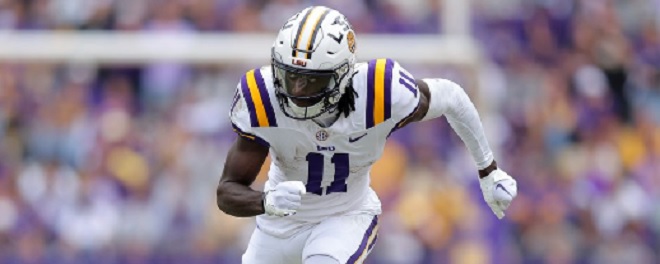By Charlie Campbell, @draftcampbell
Two years ago, we started a series of articles on why certain prospects went undrafted. In that series, I reach out to sources with NFL teams to find out why their organizations passed on drafting a given player, and/or, what were the reasons for other teams to pass on that prospect. We got a lot of positive reader feedback about the series, so we decided to expand in the genre to investigate why some prospects slid in the draft. Last year, we started the Why Slide? series, and this year, it is back. Feel free to email me requests for “Why the Slide?” and “Why Undrafted?” at [email protected]. I can’t promise to get to all of them, but I will do my best and definitely respond.
Leading up to the 2016 NFL Draft, the consensus opinion had Michigan State quarterback Connor Cook being the fourth signal-caller likely to be drafted. Many draft pundits even had him going late in the first round. Throughout the leadup to the draft, there were a lot of criticisms and doubts about Cook because he was a 3-year starter who was never elected a team captain. That contributed to football character concerns for NFL teams at a position where leadership is highly valued. Cook and his representatives tried to dissuade those concerns, but those notions stuck with him throughout the draft process. The 2016 NFL Draft turned into a big disappointment for Cook, who went unselected in the first two days.
Sources say there were a few reasons why Cook slipped to the fourth round. The leadership and lack of captain status definitely bothered teams. Teams questioned how Cook conducted himself and if he was a likable teammate.
However there were other issues that hurt Cook. As a sophomore and junior, he displayed accuracy issues as he completed only 58 percent of his passes, and he didn’t show improvement as a senior, completing 56 percent in 2015. On top of the accuracy, teams were disappointed with Cook’s play recall in his team meetings. They thought that Cook would have done better having been a 3-year starter in a pro-style offense. Cook not performing well in the X’s and O’s questioning didn’t sit well some quarterback-needy teams.
The Raiders ended Cook’s fall when they traded up to the second selection of the fourth round to take him. Overall, Oakland was not a good landing spot for Cook’s career. There are some small positives like that he can learn from a quarterback who is liked by his teammates and is a good leader. Cook also could be afforded time to improve on his accuracy. However, he isn’t the starter of the future in Oakland, and it could be four years before Cook is actually in a competition to start.
Supposedly, the Cowboys were hoping to draft Cook on the third day, and that would have been much better for him because he would have been the understudy to aging veteran Tony Romo. With Romo being very injury-prone, Cook probably would have an opportunity to play early and become Dallas’ starting quarterback in the near future. Oakland leapt in front of Dallas to land Cook, and now the former Spartan will likely get comfortable on the bench. The Raiders have their long-term starter with Derek Carr, and he is one of the best young quarterbacks in the NFL. Cook won’t see the field unless Carr gets injured. While Carr isn’t the biggest of quarterbacks, he is tough and has stayed on the field through the first two years of his career. Thus, Cook looks destined to be a backup for at least his rookie contract, and that could set him on a path to mostly be a backup throughout his NFL career.
2024 NFL Mock Draft - April 23
NFL Power Rankings - Feb. 22
Fantasy Football Rankings - Feb. 19
NFL Picks - Feb. 12

